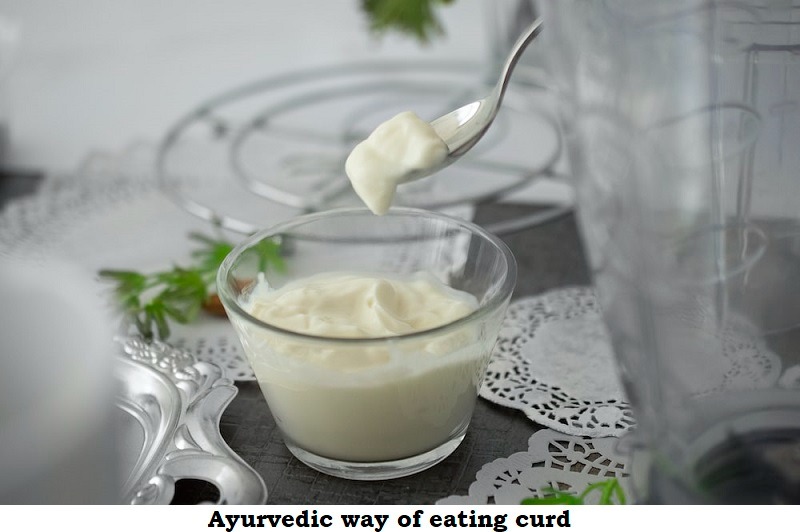
One of the widely consumed milk products, curd, is relished by many people with their meals. It is a main component of every meal and a staple cuisine in many Indian homes. This sour, fermented food is very good for the stomach and has a sour flavour.
It contains lactic acid, which gives curd a thick consistency. One of the healthiest meals you can pair with practically any food is this creamy, delightful condiment.
In addition to improving stomach health, curd also strengthens the immune system, aids in weight loss, and lowers blood pressure. Thus, it is clear that curd, also known as dahi, is a highly potent meal that everyone should incorporate in their diet.
What does Ayurveda say?
Although curd is an essential component of our diet, according to Ayurveda, it shouldn’t be ingested every day because it is thick in nature and takes longer to digest. Accordingly, curd or dahi is healthy but should be consumed in moderation, according to Ayurveda.
There are four guidelines that should be followed when consuming curd, according to Ayurveda. Look at this.
Rule no. 1
One should not consume curd or dahi at night. This is said so because the night is the time when our Kapha dosha is at the highest period and curd can pave the way to boost this dosha.
When your Kapha dosha is increased then there is an excess mucus formation, which can lead to ingestion. It is one of the important reasons that curd should not be eaten at night.
Rule no. 2
Have you ever seen someone consume warm curd? NO is the answer! Well, modern science and Ayurveda both concur that heating curd might change its qualities, which can cause suffocation and swelling in your body. Therefore, it is against Ayurvedic principles to consume hot curd.
Rule no. 3
In Ayurveda, curd consumption is not recommended daily. It’s because curd is notorious for being heavy and causing the body to become more inflammatory. The Kapha and Pitta doshas also grow when there is inflammation in the body, which is very bad for your health.
Therefore, be careful to refrain from eating curd every day. If you feel like it, then you can consume buttermilk every alternate day so as to avoid eating curd daily.
Rule no. 4
If a person has a bleeding issue, they should never eat curd. Many people are unaware that curd has a heated potency and might increase a person’s Pitta dosha. Thus, it is advised to completely avoid curd in your meals if you experience excessive menstrual flow or nose bleeding.

Post Your Comments